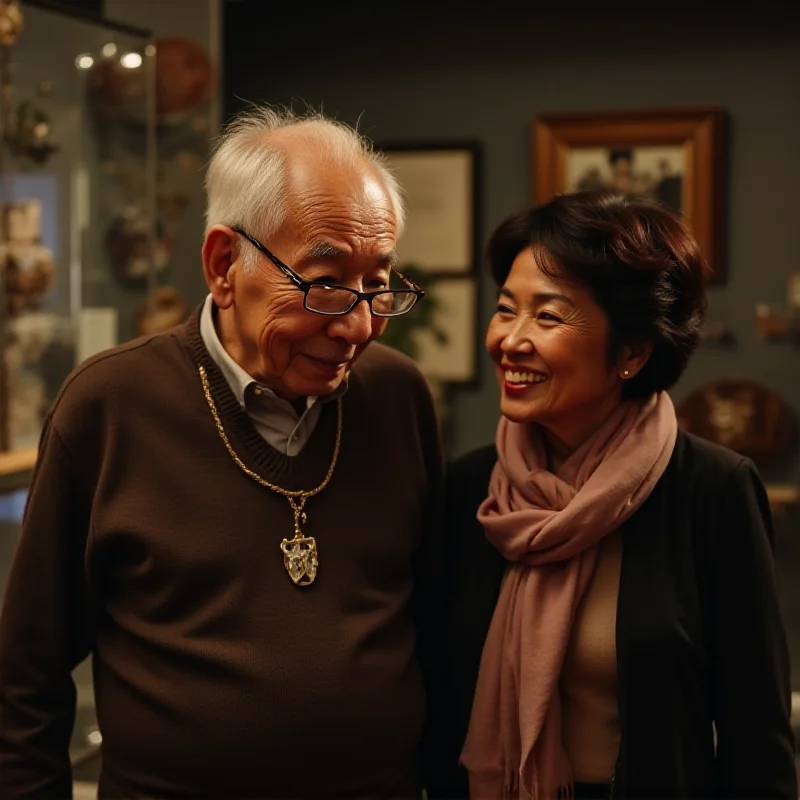Malaysia's healthcare sector has seen a flurry of activity recently, ranging from policy decisions affecting nurses to innovative approaches in dementia care. Here's a quick rundown of the latest developments.
Moratorium on Nurses' Work Hours
The Malaysian Ministry of Health (MoH) has proposed a moratorium on implementing a 45-hour work week for nurses. This decision comes amid concerns about potential service disruptions and increased workload for nurses. Cuepacs, a prominent nurses' association, supports the moratorium, believing it will allow the health system time to adjust to new working conditions and prevent risks to patient care.

The debate surrounding nurse welfare and service efficacy continues, with stakeholders closely monitoring these developments. The goal is to ensure that any changes to working conditions do not compromise the quality of healthcare services provided to the public.
Minor Fire at Sarawak General Hospital
In other news, an electrical short circuit caused a minor fire at a Sarawak General Hospital (SGH) laboratory in Kuching. While details are limited, the incident highlights the importance of maintaining safety standards and infrastructure within healthcare facilities.
Authorities are likely investigating the incident to determine the extent of the damage and prevent future occurrences.
Sarawakian Nurses Eager to Return Home
There's good news for Sarawak's healthcare system! More than 800 Sarawakian nurses currently working outside the state have expressed a strong desire to return and serve in their home state, according to Dr Sim. This influx of experienced nurses could significantly boost local healthcare efforts and address staffing challenges in the region.

The willingness of these nurses to return underscores their commitment to their community and the potential for positive impact on the delivery of medical care in Sarawak.
Museums as Memory Care Centers
In a fascinating development, local museums in Kuala Lumpur are exploring new ways to engage with the community, particularly those affected by dementia. By tapping into cherished memories of the "good old days," museums are transforming into interactive spaces that support the well-being of individuals with dementia.

Innovative programs featuring personalized exhibits and storytelling sessions aim to revive past experiences and encourage social interaction and emotional healing. This novel approach provides a comforting link to the past and fosters a sense of connection for participants. "Museums offer a unique opportunity to tap into long-term memories," says one expert. "The familiar environment can be incredibly therapeutic."
These initiatives highlight the diverse ways in which healthcare is evolving to meet the needs of the Malaysian population, from ensuring adequate staffing in hospitals to providing innovative care for those living with dementia.
